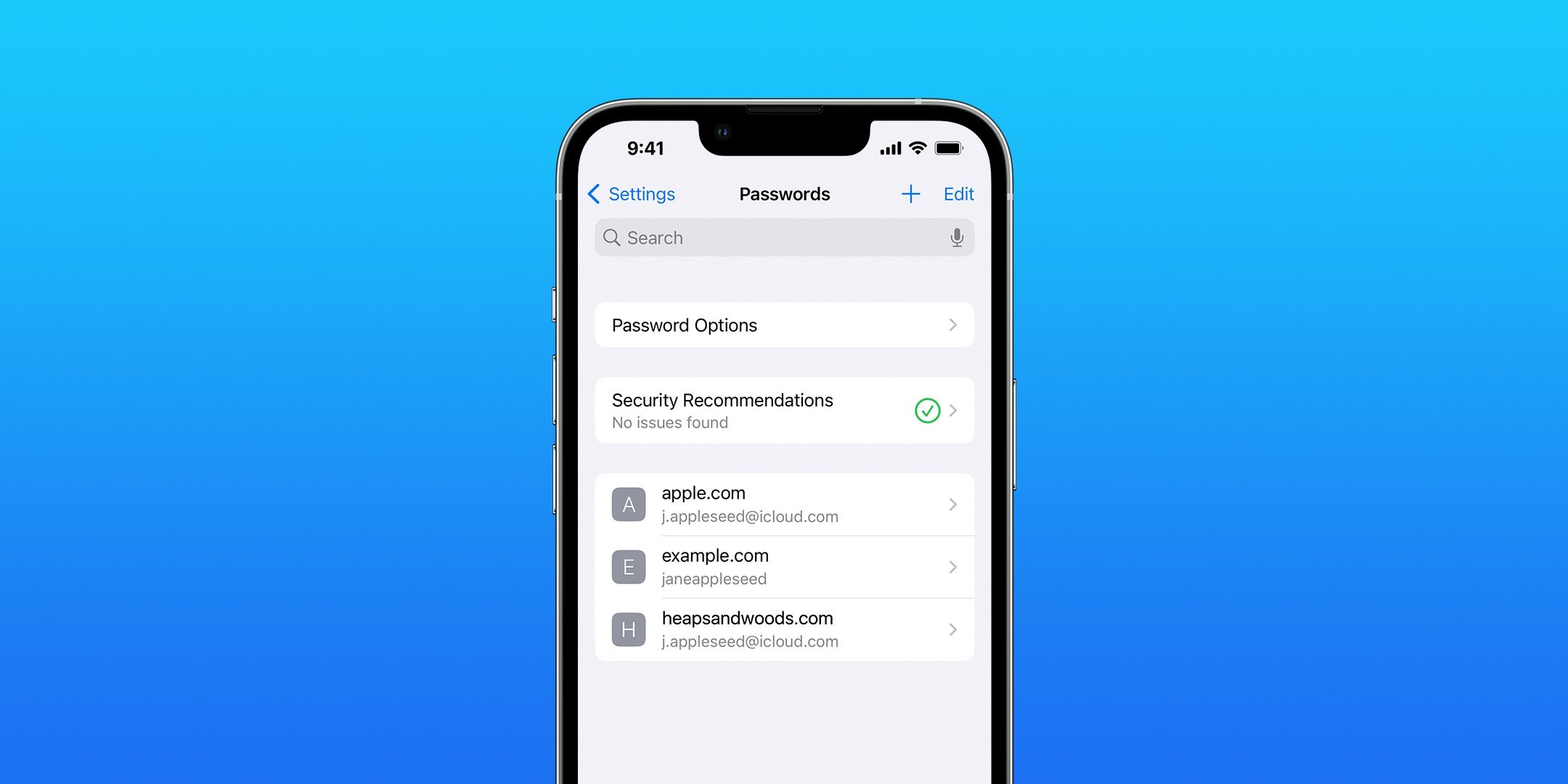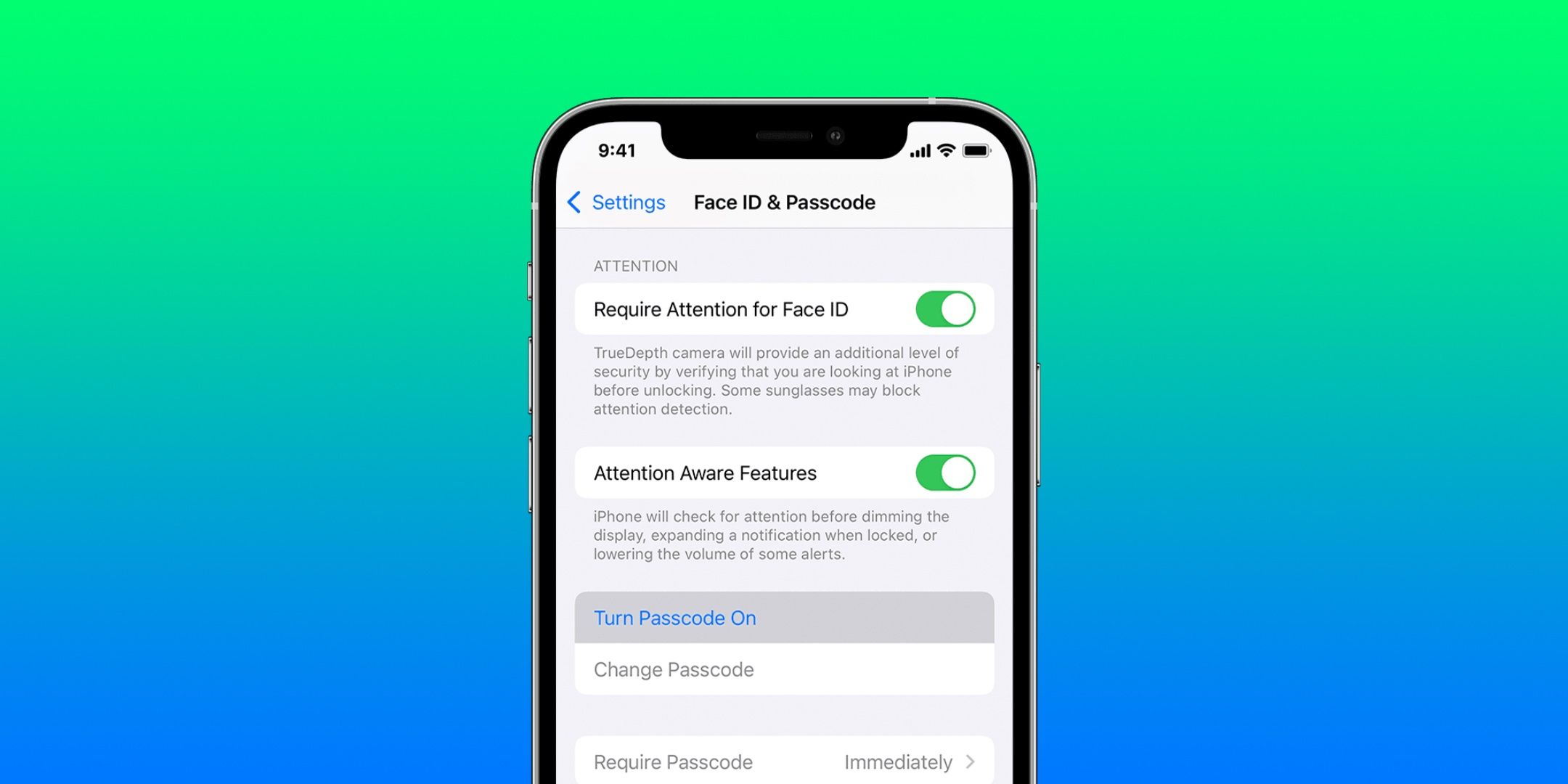When a user first sets up their iPhone, Apple recommends they enter a six-digit numerical passcode, but due to the amount of information that is protected by this passcode, a six-digit number is simply not strong enough. Brute force attacks — a type of hack that involves a robot apparatus or a program infinitely trying possible passcodes — are becoming more common. In part, this issue has led Apple to develop extreme measures for securing an iPhone. The company introduced Lockdown Mode with iOS 16, which is a software mode that severely restricts connectivity and access to an iPhone.
The issue of cybersecurity is becoming ever-prevalent in the modern technological age. A report in March 2022 found that mobile phone attacks rose by 500 percent in the early months of the year in Europe, and that isn't counting the attacks in the United States or other countries. Many of these attacks involve the user either voluntary giving access to their devices or services, or malicious software accidentally opened by the user. It may be unlikely that someone has hands-on access to a user's iPhone to try and beat its password, but it is still an important possibility to consider.
A solution to this problem is securing an iPhone with an alphanumeric password, though there are pros and cons. Of course, it takes longer to unlock a device secured with an alphanumeric passcode when Touch ID or Face ID are unavailable. However, it is undoubtedly more secure than the default six-digit numerical password format. To change an iPhone's passcode, open Settings and navigate to the 'Face ID & Passcode' or 'Touch ID & Passcode' tab. The system will require a user to enter the existing passcode to open the settings menu.Then, tap 'Change Passcode,' and enter the current passcode again. On the new menu screen, tap 'Passcode Options' and select 'custom alphanumeric code.' Finally, enter a new alphanumeric password and confirm the change.
A Passcode Secures All Your Saved Passwords
A user's cybersecurity portfolio is only as strong as its weakest link, and that's why securing an iPhone is so important. For many people, their iPhone is much more than a cell phone. iCloud Keychain makes it possible to store the usernames and passwords to various internet accounts in the cloud for quick access. This information is highly secure in the cloud — it uses end-to-end encryption and is secured by a key unique to a user's devices — but is less secure on a user's iPhone. All of these passwords saved in iCloud can be accessed with a user's iPhone passcode, so each of these internet accounts are only as secure as the six-digit passcode that locks an iPhone.
It's not easy to crack a six-digit passcode on an iPhone, and would typically require physical access to the device. But it is possible, and for devices with iCloud Keychain enabled, bypassing an iPhone's six-digit passcode could give someone access to every saved account and password. For example, a user might have an online banking portfolio secured by an alphanumeric password with letters, numbers, and special characters. If that username and password is stored in iCloud Keychain, it can be accessed through an iPhone connected to the same Apple ID. Bypassing a six-digit numeric passcode is a lot easier than an alphanumeric one with special characters, so a user's most important internet accounts are essentially secured by a weak iPhone passcode. It's ever-important to make sure an iPhone is secure, and the best way to do that is by using an alphanumeric passcode.
Source: Apple


